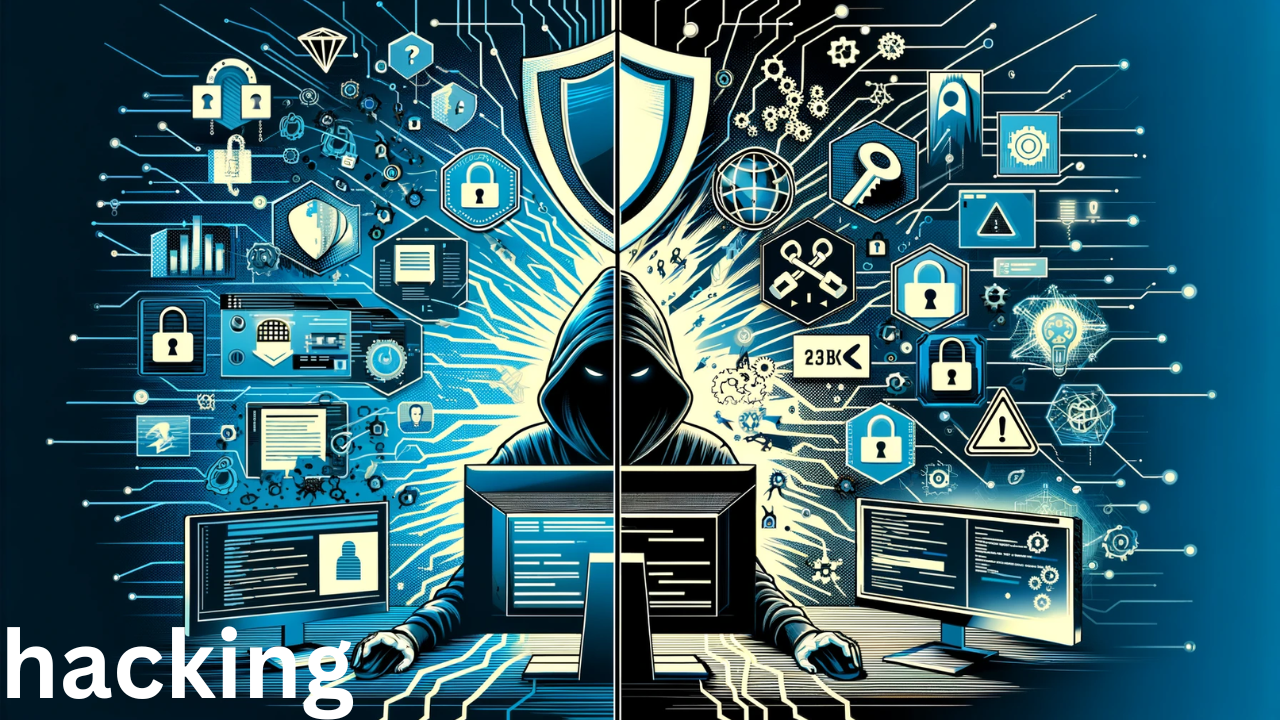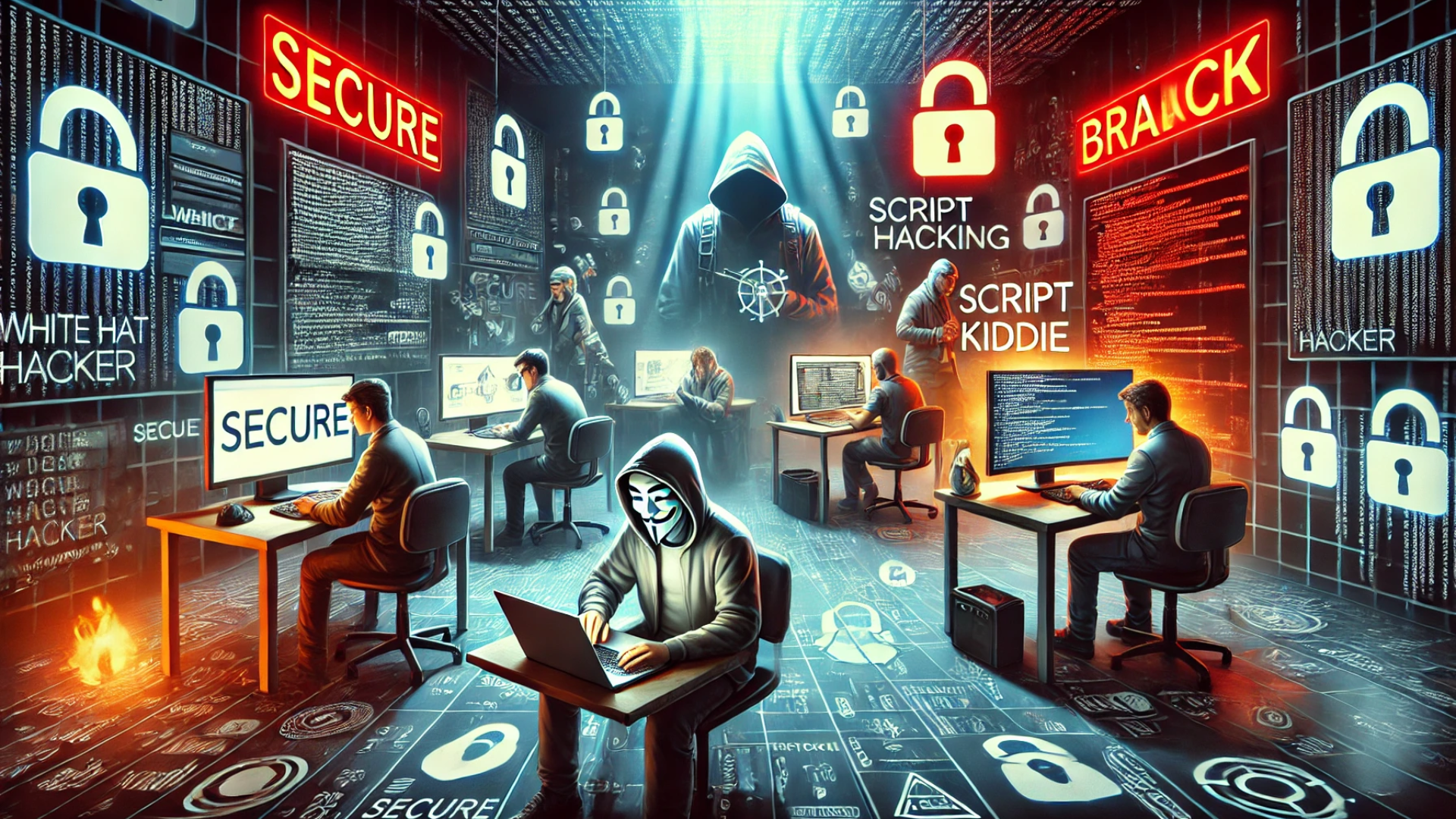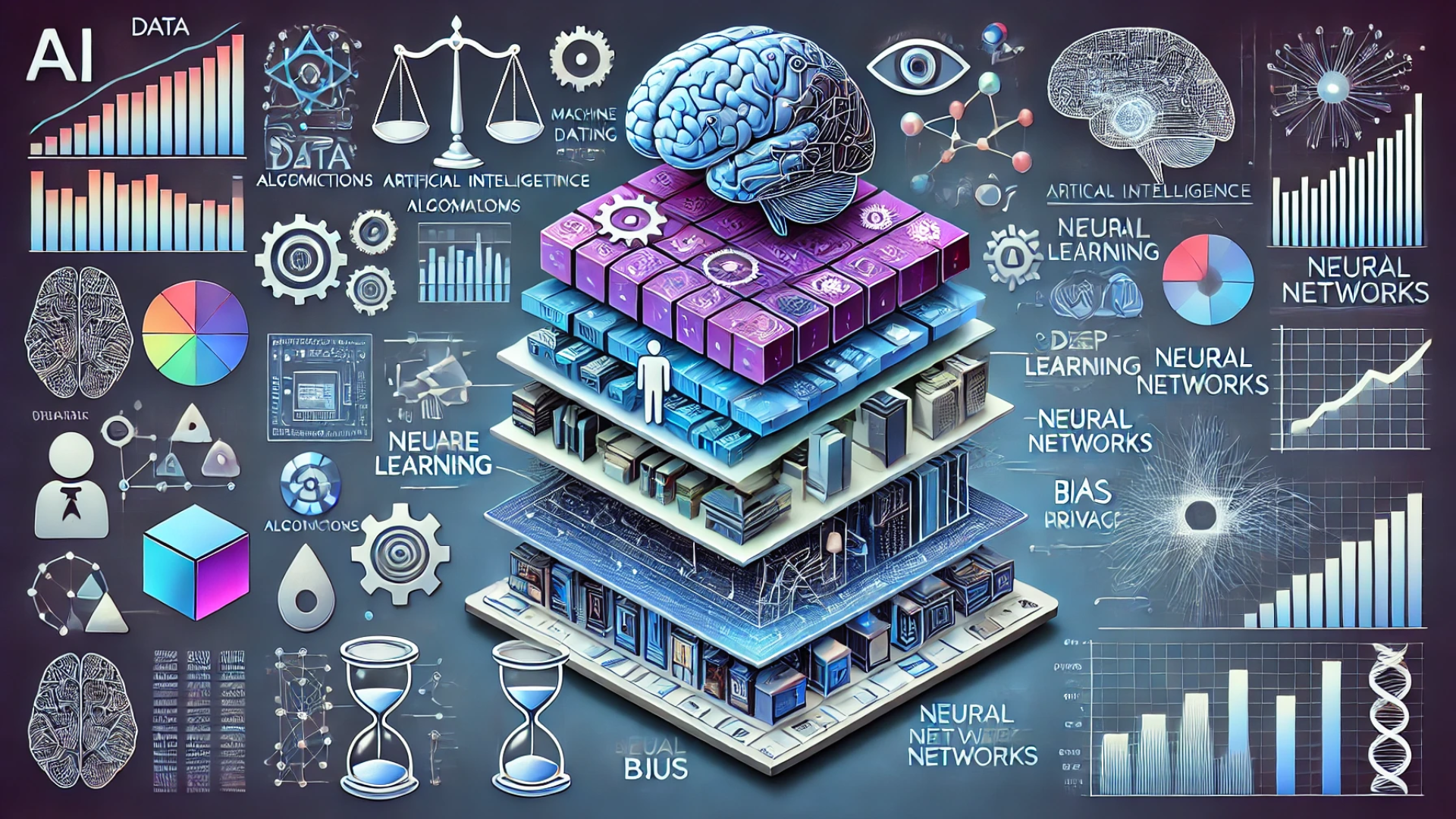
In today’s digital age, terms like cybersecurity and hacking are thrown around frequently. But are they the same thing? Spoiler alert: they are not. Let’s break down the differences in simple terms and explore why understanding these concepts is so important.
What is Cybersecurity?
Cybersecurity is all about protecting computers, networks, and data from unauthorized access or damage. Think of it as the security system for your house, but for your digital life. It involves:
- Preventing cyberattacks: Measures are put in place to stop hackers from breaking in.
- Detecting threats: Monitoring systems to identify potential breaches.
- Responding to incidents: Acting quickly to minimize damage if an attack happens.
Cybersecurity professionals use various tools and strategies to keep your information safe, just like how security guards and cameras protect physical spaces.
New Cyberattacks in the Internet World: What You Need to Know
What is Hacking?
Hacking, on the other hand, is the act of breaking into computers, networks, or systems. Hackers can have different motives, such as:
- Financial gain: Stealing credit card numbers or demanding ransom.
- Personal challenge: Testing their skills just for fun.
- Political reasons: Disrupting systems to make a statement.
There are different types of hackers:
- Black hat hackers: These are the bad guys. They break into systems with malicious intent.
- White hat hackers: Also known as ethical hackers, they help organizations find and fix security flaws.
- Gray hat hackers: They sit in the middle, sometimes breaking laws but not with harmful intentions.
How Do Cybersecurity and Hacking Interact?
You might think of cybersecurity and hacking as a cat-and-mouse game. Hackers try to find new ways to break in, while cybersecurity experts work tirelessly to stop them. It’s a continuous battle where both sides are always evolving.
Why Should You Care?
Understanding the difference between cybersecurity and hacking is crucial for several reasons:
- Protecting your data: Knowing how hackers operate and what cybersecurity measures can help you take steps to safeguard your information.
- Career opportunities: Cybersecurity is a growing field with many job opportunities. If you know the difference, you can better decide if it’s a career path for you.
- Staying informed: Being aware of cybersecurity threats and how to respond to them can help you avoid becoming a victim of cybercrime.
Fundamentals and Future of Cybersecurity must know
Simple Tips to Improve Your Cybersecurity
You don’t need to be an expert to boost your cybersecurity. Here are some easy steps you can take:
- Use strong passwords: Avoid common passwords and use a mix of letters, numbers, and symbols.
- Enable two-factor authentication: Adds an extra layer of security.
- Update software regularly: Ensures you have the latest security patches.
- Be cautious with emails and links: Avoid clicking on suspicious links or attachments.
- Back up your data: Regular backups can save you in case of an attack.
FAQs
1. Can someone be both a hacker and a cybersecurity professional? Yes, many cybersecurity experts started as hackers. Ethical hacking skills are valuable in identifying and fixing security weaknesses.
2. Are all hackers bad? No, not all hackers have malicious intent. Ethical hackers, or white hat hackers, work to improve security.
3. How can I learn more about cybersecurity? There are many online courses, certifications, and resources available to learn more about cybersecurity.
Wrapping It Up
Cybersecurity and hacking are not the same, but they are closely related. Cybersecurity aims to protect our digital world, while hacking tries to find ways to break into it. By understanding both, you can better protect yourself online and maybe even explore a career in this exciting field. Stay informed, stay safe!

